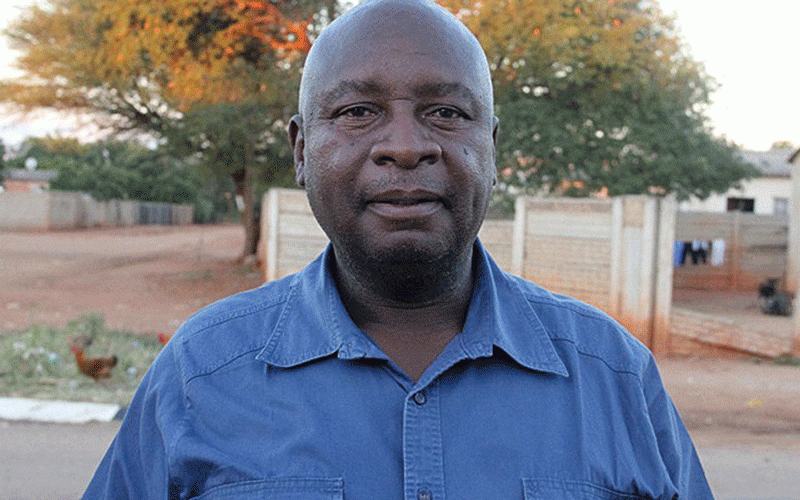
ENERGY and Power Development minister Edgar Moyo has called for the upgrading of Zimbabwe's grid network, citing the country's unacceptable 18% energy loss rate, which is significantly higher than the global standard of 10%.
This high energy loss rate hinders growth and development of the economy.
Speaking during the ongoing Zimbabwe-Zambia Energy Projects Summit in Victoria Falls on Monday, Moyo said his ministry aimed to reduce energy losses by eight percentage points to 10% by 2030.
Zimbabwe's energy sector faces significant challenges, including power supply deficits and slow progress towards universal electricity access.
To address these issues, the government plans to expand electricity access through various sources, including solar power and grid expansion.
“Cabinet recently approved our National Energy Efficiency Policy, which is meant to guide energy efficiency programmes and projects across the country,” he said.
“We intend to upgrade our grid network to minimise energy losses and to make it more modern and more climate smart. Our losses are 18% and we need to bring this percentage to at least the globally acceptable 10% by the year 2028.
“We also intend to ensure that all appliances bought, built and used in the country, adhere to minimum energy performance standards as stipulated by the Standards Association of Zimbabwe.”
- $10m allocated for hospital rehabilitation
- $10m allocated for hospital rehabilitation
- ‘Drug dealers hiding behind tribalism’
- Govt pounces on schools rejecting Zimdollar
Keep Reading
The losses, emanating from outdated equipment and inefficiencies, happen at a time when the country is experiencing power outages lasting up to 18 hours per day, severely impacting industrial productivity.
According to Moyo, all these policies support the country's overarching policy, the National Energy Policy of 2012 currently under review.
“We also have policies in the pipeline which include the Electric Mobility Policy and Strategy as well as the Clean Cooking Strategy,” he said.
To date, Moyo said, Zimbabwe had harnessed the hydropower of the waters at Kariba Dam.
This resource, he noted, has been hard hit by the effects of climate change which has resulted in less rainfall in Zambia and Zimbabwe.
“It is not a secret that the hydropower plants, north and south of the Kariba Dam have not been able to provide power to full capacity because of the drought,” the minister said.
“We have not fully utilised the river’s capacity for power generation though. We can use the same water to generate power on multiple points along the river’s length and thus fully utilise the hydropower resource.
“I would encourage you all to explore the possibility of investing in the potential of the river. Information is available today through the representatives of the Zambezi River Authority who are here in our midst.”
Moyo also said Zimbabwe was committed to creating an attractive energy investment destination, leveraging on innovative and profitable renewable energy solutions to reach universal access targets.
Zambia's Energy minister Makozo Chikote said the two countries were at a critical juncture of their energy and mining sectors.
“The demand for electricity and resources continues to grow and it is imperative that we adopt forward-thinking strategies to meet these challenges head-on,” he said.
“The time has come for us to embrace innovation, sustainability and collaboration in order to create a more resilient and prosperous future for Zambia.”
Economic analyst, Vince Musewe, said the country’s economy would remain in the doldrums with the ongoing power outages.
“Inconsistent power is costly and leads to increased business's costs and decreased productivity of the economy as a whole,” Musewe said.
“Delays in production and provision of services are now normal and this impacts negatively on economic growth prospects.”
Another economic analyst Chris Mugaga said the power crisis led to job cuts.
“So technically you will see that on average, we are looking at job losses per month or potential job losses because these are people who could have been employed but resources are now being spent on making sure that either we have a lean staff due to more hours of darkness and also more money going towards the alternative power source than salaries,” Mugaga said.










